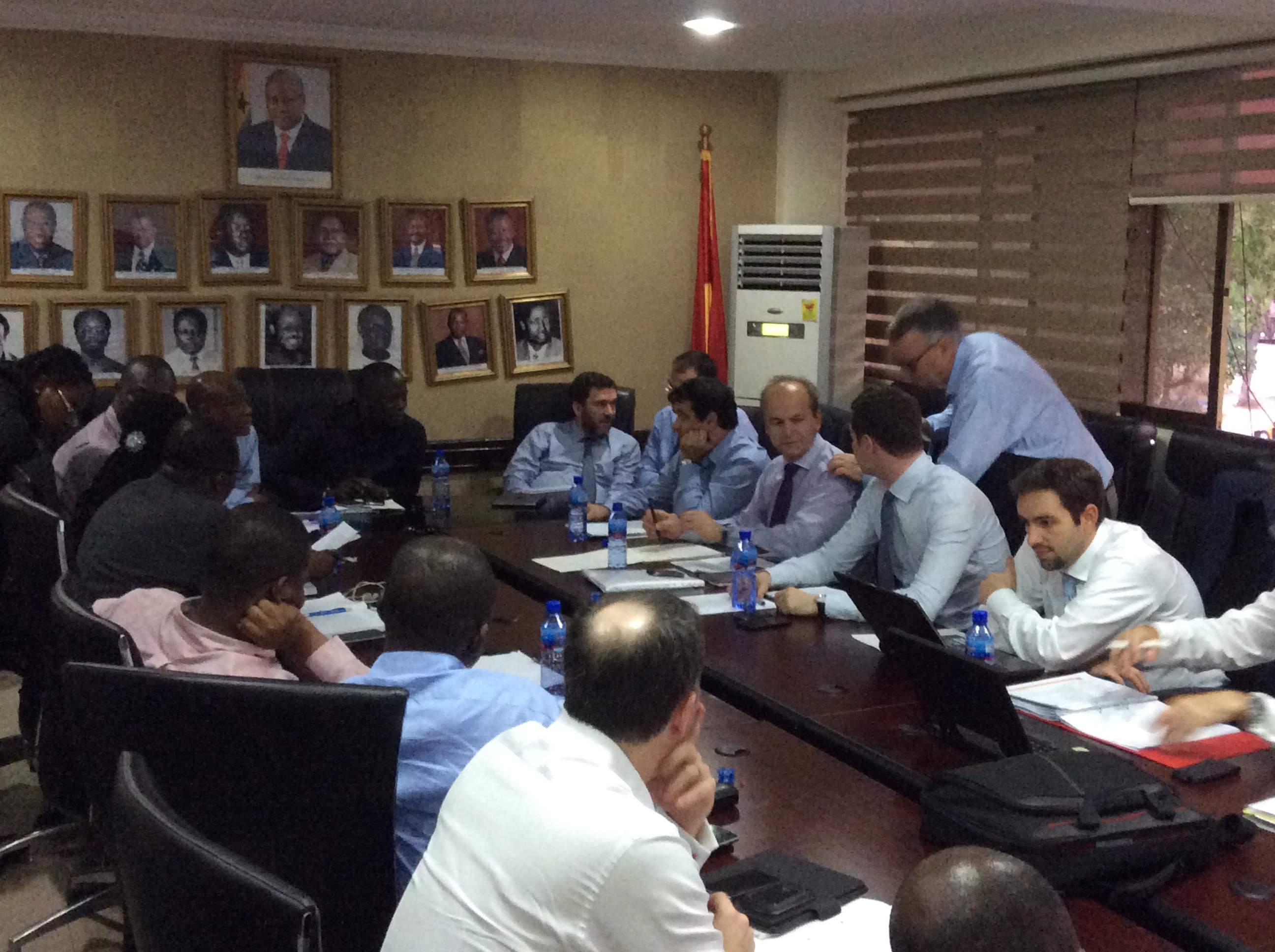A government negotiating team made up of officials of the Ministry of Energy & Petroleum, Ministry of Finance, GNPC and ENI Exploration, operators of the offshore Cape Three Points (OCTP) block have concluded negotiations to allow ENI to commence exploration production of oil and gas.

[contextly_sidebar id=”iBfO3IXyzDBsCnZCzI57bKyM4CuOZJaX”]The $6 billion OCTP (Sankofa Project) is expected to start commercial production of oil and gas by mid 2017 to augment the country’s current production capacity.
The next stage of the agreement will be the approval of Plan of Development (POD) and ratification of the approval by Parliament.

Minister of Energy and Petroleum and Minister of Finance who led the Ghana negotiating team expressed their relief at the conclusion of the negotiations with ENI/Vitol which has lasted over one year, noting that it puts Ghana on the path to energy security as there will be more gas to fuel generating plants.

“This negotiation has thought Ghana a lesson of the urgent need to strengthen the balance sheet of the country’s energy institution to enable them borrow on the international market.
It will also reduce the investment risk that has been a major hurdle in this negotiation.”

The new deal could help Ghana address one of the critical constraints to power generation which is clean fuel source.
This project promises to deliver up to 170million cubic feet of gas per day for the next 20 years and put Ghana on its way to a future where one of the critical constraints to power generation (cheaper fuel) will be addressed.

The start of commercial gas production will also require the construction of a 3rd FPSO unit to produce at maximum 170 million cubic feet of gas in addition to the 120 million cubic feet from the Jubilee Fields and 50 million cubic feet from the Tweneboah Enyeara and Ntomme (TEN) projects.
ENI and Vitol will focus on domestic gas markets where they are expected to play prominent role.

ENI has been operating in Ghana since 2009 and currently operates two exploration-offshore blocks: OCTP and Keta.
ENI has been present in sub Sahara Africa since 1960 and is involved in exploration and production projects in over ten countries including DRC, Angola, Kenya and Togo.



